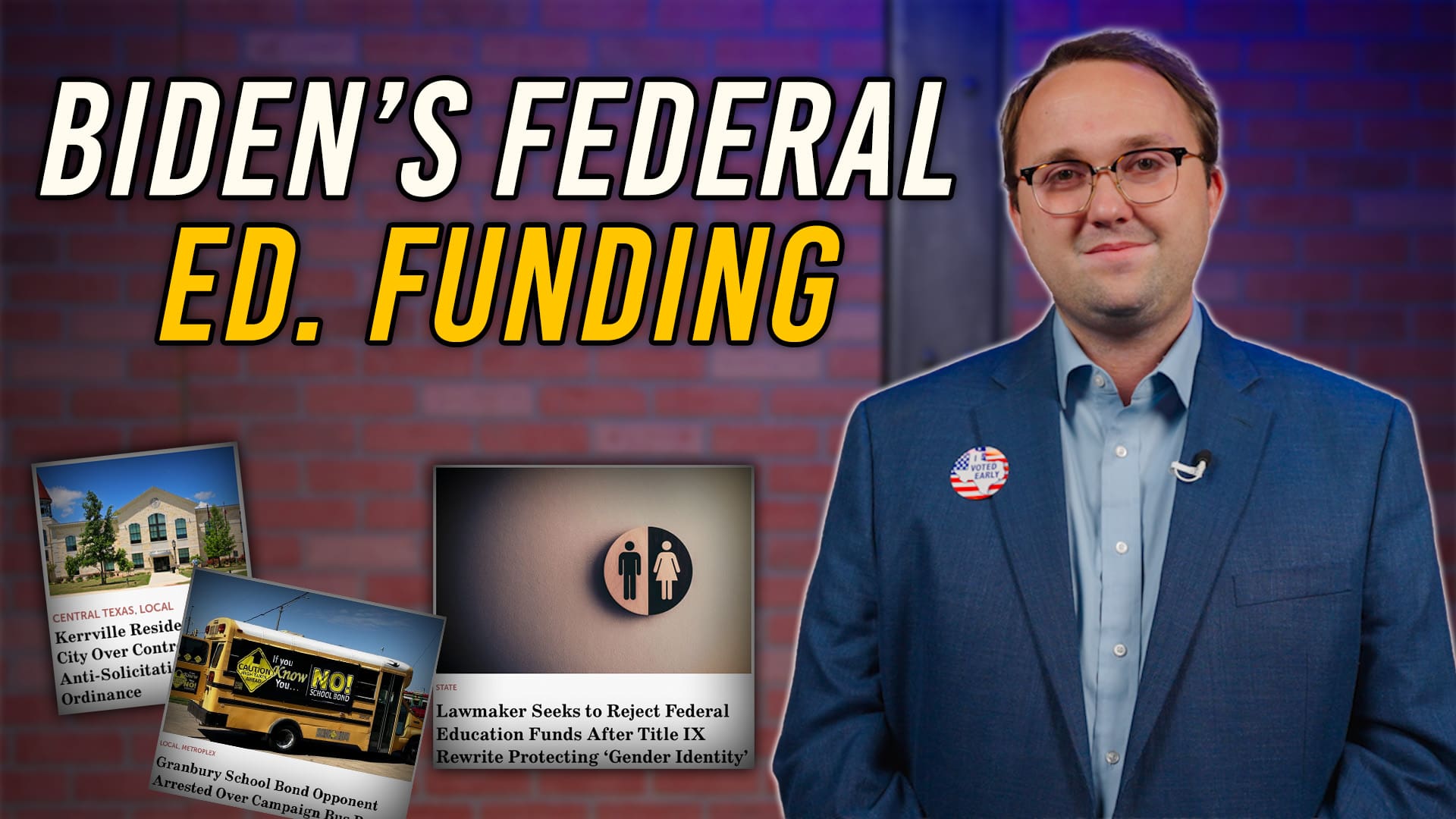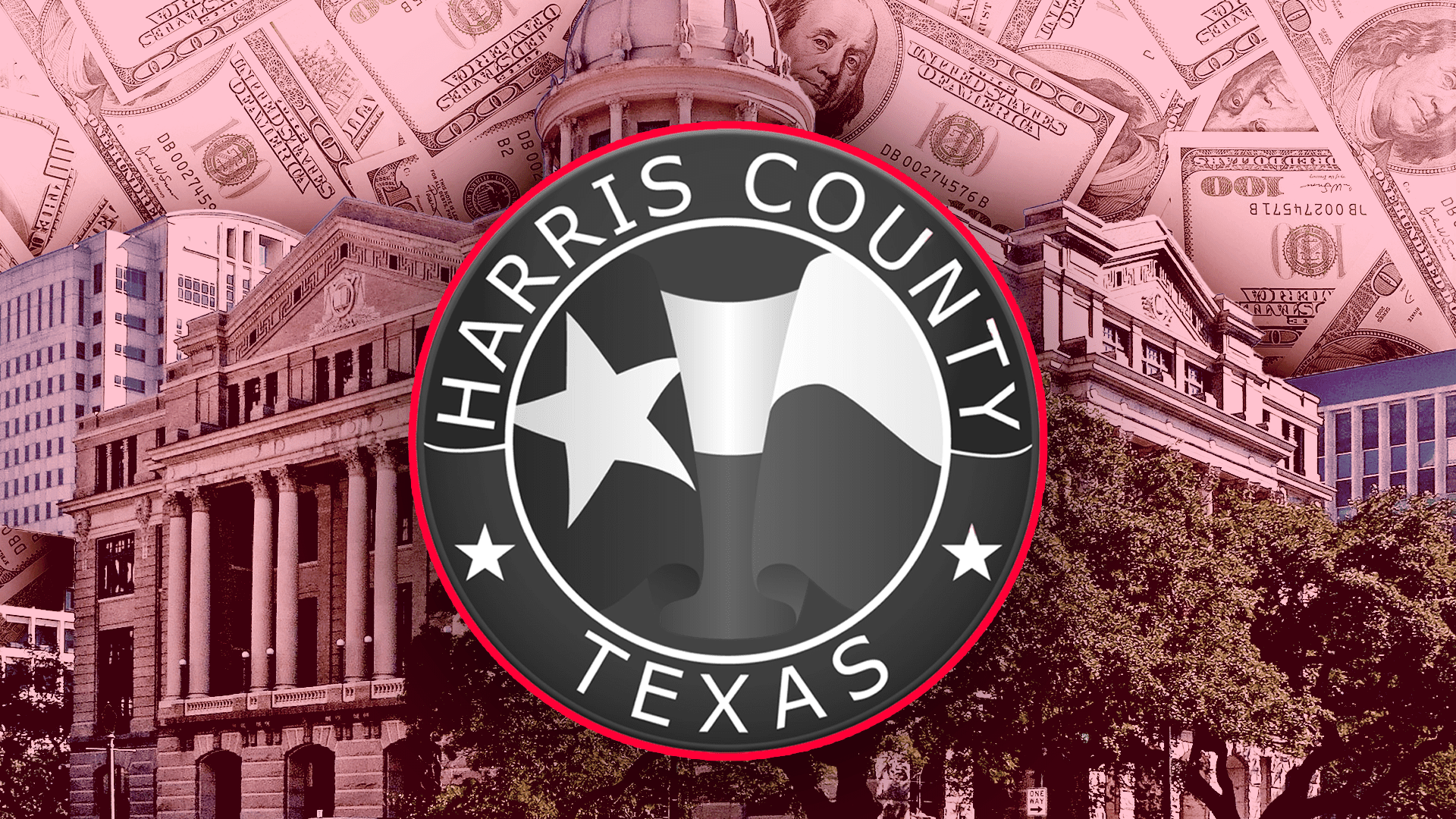An ever-growing chorus of voices is calling on Collin County Judge Keith Self to stand up for the taxpayers who elected him. Unfortunately, it appears Self is prepared to further dig into his position against taxpayers apparently out of fear he will face personal consequences if he does the right thing.
Earlier this month, US District Judge Amos Mazzant dismissed civil charges brought by the Securities and Exchange Commission against Texas Attorney General Ken Paxton, finding that Paxton’s alleged actions, viewed in the light most favorable to the SEC, didn’t violate securities laws.
Since then, a chorus of local and national leaders have been calling on Collin County to cease funding a felony criminal prosecution against Paxton that is based on identical allegations.
Even former US Senator and Republican presidential candidate Rick Santorum has joined the fray, criticizing Self’s funding of the bogus prosecution, as well as payments to an entirely different set of lawyers who are resisting Collin County taxpayer Jeff Blackard’s efforts to challenge the payments in court. In an email to the county commissioners, Santorum wrote:
“[I]t is odd that the county elected officials seem unconcerned about the exorbitant cost of these attorneys. But what is more perplexing is why the county is fighting so hard to keep its own taxpayers from getting before a court on the issue of whether this extraordinary rate is legal. What are they afraid of? Also, why is the county agreeing to pay outside lawyers to retaliate against the county’s own taxpayers for trying to get a court to decide the issue? Shouldn’t the commissioners be on the side of the taxpayers? From the outside this doesn’t appear to be fiscally responsible governance and certainly not what I expected from a conservative county like Collin.”
Collin County has so far paid more than $300,000 to the prosecutors in the Paxton case and to a separate group of lawyers representing them in civil cases related to the legality of the payments and to open records requests.
When the issue first came up, Self repeatedly said he believed state law and local rules limited payments to special prosecutors to just $3,000. But Self eventually flip-flopped and voted to make the payments, saying he was “staring down the barrel of a judicial order.” In recent months, Self has dug into his position, saying he lacks the authority to resist the payments.
However legal experts say Self is incorrect and point to a 1975 Texas Attorney General opinion that explains that counties may challenge orders to pay legal fees by either filing a declaratory judgment action or by refusing payment and subjecting themselves to a potential mandamus action.
Hiram Sasser, an attorney with First Liberty Institute agrees Self has legal options. In a response to one of Self’s posts defending his stance on Facebook, Sasser wrote:
“Respectfully, I disagree. You have an obligation to test the legal legitimacy of a questionable order. And the order is in violation of state law. …The maximum you can authorize, by law, for the payment of pre-trial preparation in this matter is $1,000. So far you have authorized hundreds of thousands of dollars illegally. Continuing to do so just because one judge ordered such is no excuse. You have an obligation to appeal the order to the Dallas Court of Appeals.”
On the same thread, State Rep. Matt Rinaldi (R–Irving), who works in litigation with the law firm of Dykema Cox Smith, concurred with Sasser.
“Hiram’s statement of the law is correct and the trial court order appears questionable at best. The proper course here while staying true to the law is to appeal the questionable order and seek a stay of the district court order from the Dallas Court of Appeals. The law provides an appellate process for exactly this reason.”
Jeff Blackard, the taxpayer who is challenging the prosecution funding in court has called Self’s refusal to resist the payment order a “dereliction of duty.”
Earlier this year, in a phone interview with Texas Scorecard, Self expressed fear that he would be held in contempt of court if he chose to challenge the legality of the payments.
Self and the four commissioners are set to reconsider the issue again in executive session on October 24. Sources have told Texas Scorecard that Self has obtained a legal memo prepared by an attorney with the Austin-based governmental affairs law firm Bickerstaff, Heath, Delgado and Acosta that purportedly defends his position.
The indictments against Ken Paxton are absurd on their face. The dismissal of the SEC civil action in federal court only confirmed there is no legal basis for the prosecution and no chance the charges will stand up on appeal.
It is time for Keith Self to start listening to his constituents. Collin County taxpayers shouldn’t be forced to make a bevy of Houston lawyers rich while bankrupting one of Texas’ most respected leaders.




